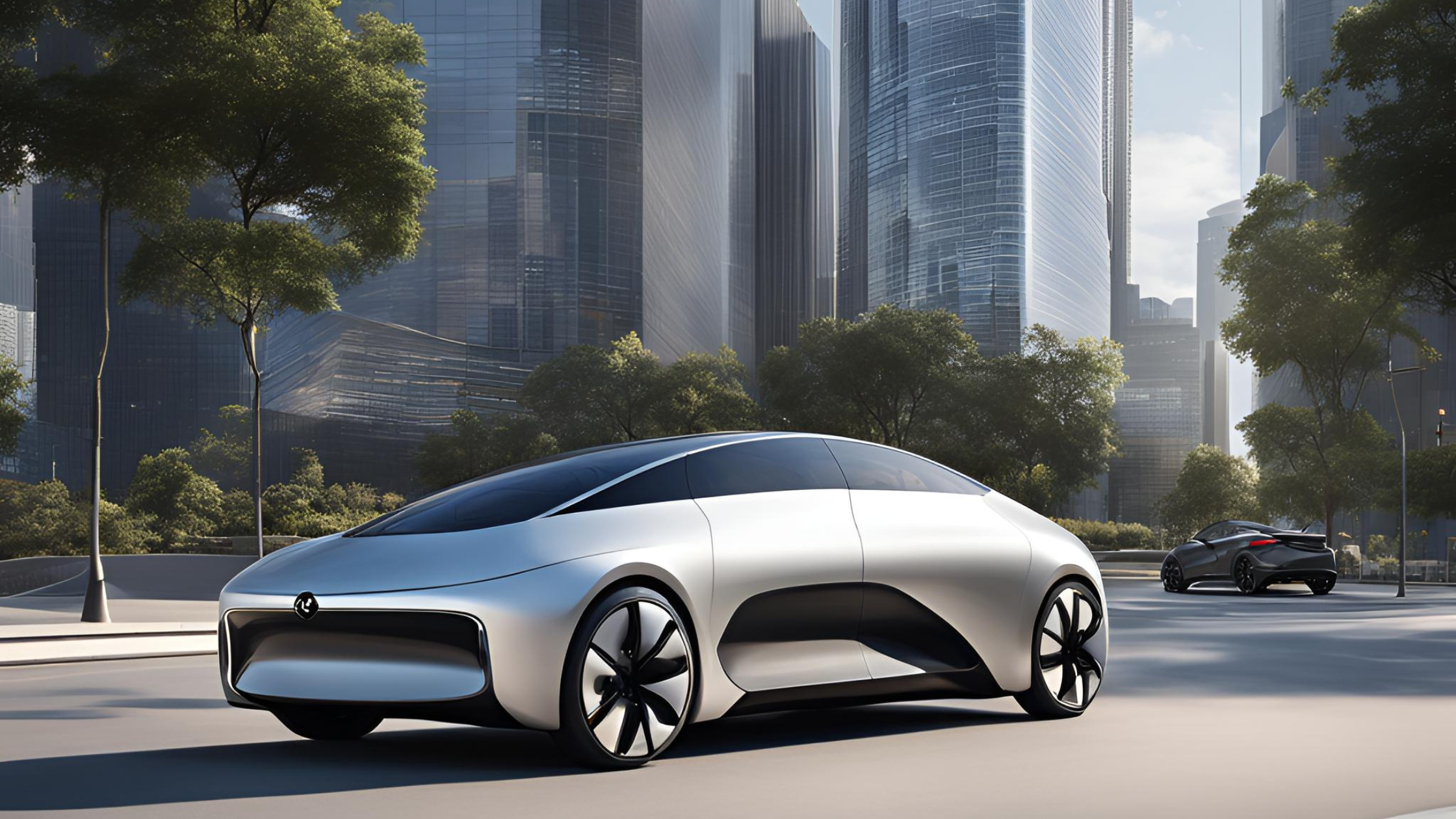Introducing The Future: Key Drivers Shaping Electric Vehicle Insurance

Electric vehicles (EVs) are revolutionizing the automotive industry with their advanced technology at a 5.51% growth rate in the industry. EV insurance is crucial in addressing the unique risks and components of these advanced vehicles. Insurers must adapt to cover the specialized parts and technology inherent in EVs, ensuring comprehensive protection and tailored insurance solutions for owners.
In a rapidly evolving landscape of automotive technology and consumer behavior, the insurance market stands at a pivotal juncture with the rise of electric vehicles (EVs). China is now the world leader of EVs, as BYD has overtaken Tesla by producing more than 3 million cars in 2023, becoming the largest sellers. In addition, the ASEAN market is projected to experience a 5.51% annual growth rate from 2024 to 2028.
Looking into the primary ASEAN-6 EV sales projections, Indonesia is expected to have the largest EV sales, followed by Thailand, Vietnam, and Philippines.
It is no wonder EV insurance is crucial for insurers to look into, when protecting the new and upcoming EVs introduced into the market. EV insurance is required to safeguard the intricate components that make up these advanced vehicles. During the First GNEVC Forum Program held at Marina Bay Sands in Singapore, I had the opportunity to speak with both Lei Zhang, CEO of Cheche Group and Hicham Raissi, CEO of Allianz Insurance Singapore who shared their in-depth knowledge and expertise regarding the landscape and challenges within the EV insurance industry.
Simplifying EV Insurance Processes with Digital Integration
For insurers looking to step into the EV market, there is no need to complicate EV insurance, as digital integration simplifies the processes seamlessly. Lei Zhang the CEO of Cheche Group, a company about to celebrate its tenth anniversary amidst a landmark achievement of becoming China's first NASDAQ-listed platform company specializing in auto insurance technology. He shared how its official application can integrate insurance services seamlessly into the user experience. Much like the comprehensive e-commerce platforms of Taobao and the versatile payment solutions of Alipay, Cheche Group has consolidated the offerings of over 50 insurance companies under one digital roof. This not only simplifies the selection process for car owners but also enhances accessibility to various insurance services.
Beyond mere convenience, Cheche Group is pioneering advancements in claims processing and accident reporting. Utilizing the Internet of Things (IoT) capabilities embedded within vehicles, crucial data such as accident time, location, and collision details are automatically transmitted to insurance companies. This streamlines the claims process, expedites damage assessment, and ensures a swift resolution for policyholders. Such innovations not only reduce administrative burdens but also enhance customer satisfaction by minimizing downtime and uncertainty post-accident.
Addressing the Unique Challenges of EV Insurance
Whilst considering the technological advancements made in EV insurance, it is also important to address the advent of unique challenges EVs brings in insurance claims. Here we have Hicham Raissi, CEO of Allianz Insurance Singapore who shares his perspective when handling EV insurance claims. They launched their first EV-specific insurance product in 2022 which was a milestone requiring them to assess the risks in a different manner than with traditional Internal Combustion Engine (ICE) vehicles. An EV-specific insurance policy, Allianz Electric Motor Protect was designed to meet the unique needs of EV owners.
During the initial stages of launching the EV insurance, they had to consider the frequency and severity of claims for EVs which is different from that of ICE vehicles. The frequency of accident tends to be lower with much gratitude to the Advanced Driver Assistance Systems (ADAS), sensors and technology. However, the claim severity tends to be different as EVs are heavier and therefore have higher severity in case of collision as well as higher repair costs. Handling EV insurance claims requires a nuanced approach and a keen understanding of the specific risks associated with EVs. For instance:
- Higher collision severity – The average severity in case of collision is 30% higher as the weight of the EVs tend to be also 30% higher on a comparable ICE category. In fact, the structural design, with batteries positioned in the underbody, increases the likelihood of accidents damaging these critical components.
- Specialized repair and maintenance – EVs require specialized repair and maintenance services, often provided by manufacturers or specialized facilities with trained technicians to handle the batteries and electronic components. Insurers may need to consider the availability and cost of these services, as well as the impact on repair times and claim settlements.
- Higher repair costs – Factors such as longer repair periods, reliance on Original Equipment Manufacturer (OEM) parts, the need for specialized expertise, and supply chain challenges leading to delays in part deliveries all contribute to higher repair costs.
Insurers must ensure they have robust processes and partnerships in place to effectively manage EV insurance claims while providing comprehensive coverage that addresses the unique needs and challenges posed by electric vehicles. However, as EV adoption become more mainstream, Hicham is confident that the insurance capacity and solutions provided by the insurance industry will continue to be developed very quickly.
The transformative potential of integrating technology and innovation into auto insurance services will continue as the EV industry progresses. By reimagining customer experiences through digital platforms and IoT-enabled solutions, it not only enhances convenience but also fosters a more responsive and efficient insurance ecosystem. It is of importance that claims is not overlooked when handling and fine-tuning EV insurance. As China continues to lead in EV adoption and digital transformation, other markets such as ASEAN are becoming more prominent in the arena, to shape the future of EV insurance to meet the evolving needs and expectations of customers.
)
)